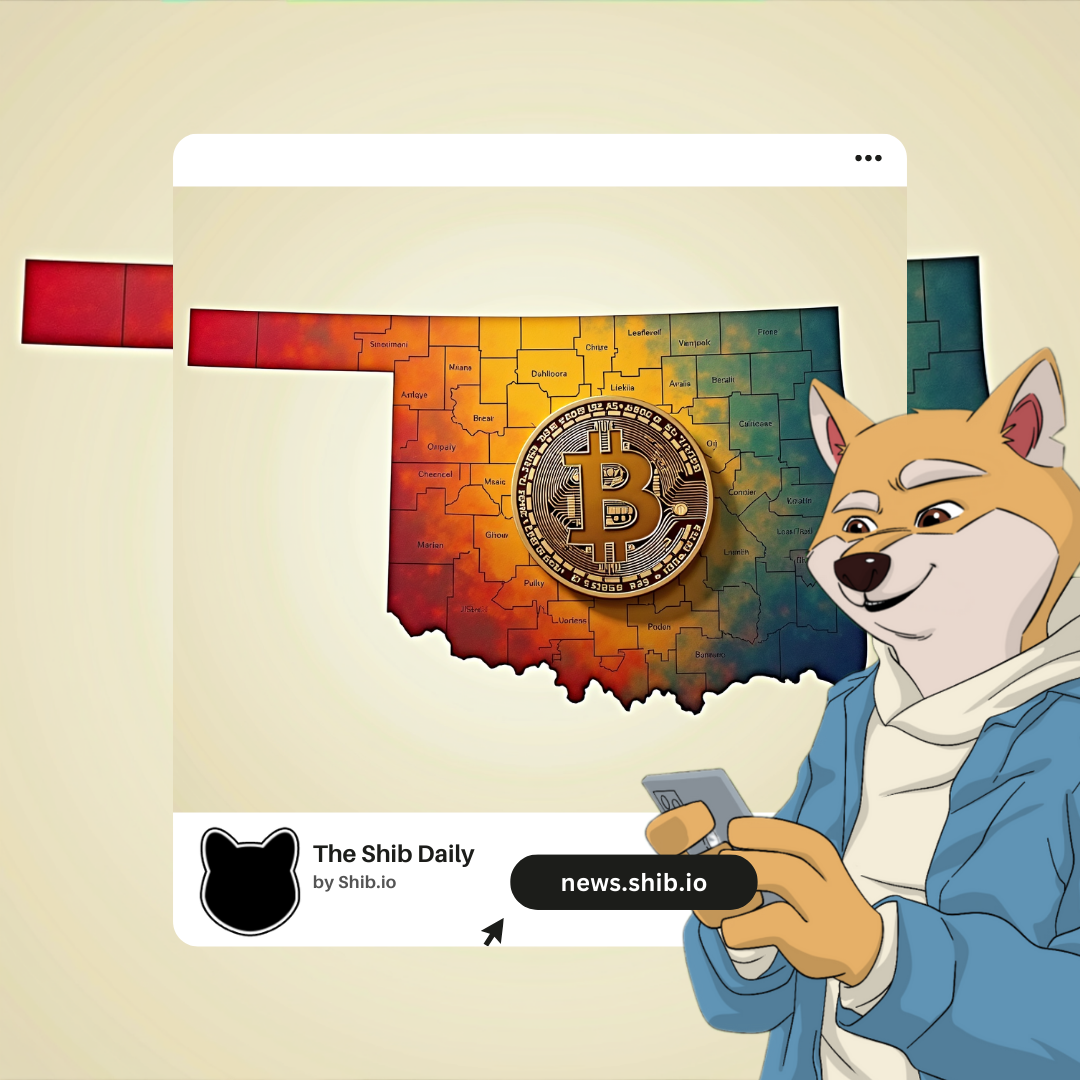Blockchain Smashes the Identity Fraud Epidemic—Why Your Wallet Might Soon Replace Your Passport

Forget centralized databases leaking your Social Security number like a sieve. Decentralized identity systems are flipping the script—putting control back in users’ hands with cryptographic keys instead of flimsy passwords.
Self-sovereign identity isn’t some crypto-utopian fantasy anymore. Microsoft’s ION and the EU’s ESSIF already run on Bitcoin and Ethereum layers. Meanwhile, legacy KYC providers charge banks $60 per verification—talk about rent-seeking behavior.
The killer feature? Interoperability. Your DeFi wallet credentials could soon unlock everything from Airbnb rentals to corporate VPNs. No more ’forgot password’ hell—just cryptographic proof you’re you.
Of course, Wall Street’s already salivating over tokenized identity derivatives. Because why solve problems simply when you can create a new speculative asset class?
What Is Blockchain-Based Digital Identity?
Let’s start with the basics. You’ve probably heard of blockchain and thought, “Isn’t that just crypto stuff?” Fair question—but it’s way more than that. One of its most exciting uses is helping us take control of our digital identity. And no, you don’t need to be a tech wizard to get it.
Your Info, Your Rules
Think of your digital identity like a passport. Except instead of being issued by a government, this one lives on the blockchain—and you hold the keys.
Right now, most of our personal info is scattered across the internet:
All of that is handled (and sometimes mishandled) by different companies.
With blockchain-based digital identity, all that changes. Here’s what it does differently:
What Is Self-Sovereign Identity?
This is the star of the show. Self-sovereign identity is just a fancy way of saying you’re in charge of your own digital identity—no gatekeepers, no middlemen.
Picture this:
Why It Matters
Instead of companies “owning” your identity online,become the owner. Blockchain acts like a digital vault that stores your ID in a safe, transparent, and user-controlled way. It’s privacy-first, password-light, and power-to-the-people.
In short? It’s a smarter, safer way to exist online—and it’s all built on a system that’s designed to work for you, not against you.
Why You Should Care
Let’s break down why blockchain-based digital identity isn’t just some tech buzzword—it’s actually a game-changer for your everyday online life:
So yeah, it’s not just about tech—it’s about, privacy, and finally being the one behind the wheel of your online life.
Real-World Examples
Now that we’ve covered the basics, you’re probably wondering: “Okay, but how does this actually play out in real life?” Let’s dive into some simple, everyday examples that show how blockchain-based digital identity is already making things easier, safer, and way more convenient for people around the world.
Logging In Without Passwords
Instead of fumbling through forgotten passwords, imagine simply tapping your phone or approving a quick notification to log into a website or app. Blockchain makes this possible by replacing passwords withthat confirm it’s really you—fast and hassle-free.
Helping People Without Traditional IDs
Millions worldwide don’t have physical ID cards, making it hard to access essential services like banking or healthcare. Blockchain-based digital identity lets people create secure digital IDs that work even—opening doors for those in remote areas or tough situations.
In all these cases, blockchain technology is reshaping digital identity to be more user-friendly, private, and inclusive—making sure everyone can safely prove who they are without the usual hassle.
What Are the Challenges?
Alright, before we get too excited, let’s keep it real—blockchain-based digital identity is still pretty new. It’s like discovering a cool new gadget that not everyone has heard of yet, and not every app or website is ready to use it. That means while the technology has a lot of promise, it’s not everywhere just yet.
Getting the Word Out
One big challenge is that many people don’t know about blockchain-based digital identity yet. Even some experts are still wrapping their heads around it. New ideas take time to spread, especially when they shake up how we’ve been doing things for years.
Not Quite Everywhere (Yet)
Right now, not all companies, websites, or government services support this new way of managing digital identity. It’s kind of like trying to use a cool new phone feature that only works with the latest apps. Until more services jump on board, you might still need to use the old-fashioned methods sometimes.
But Here’s the Bright Side
So, while it’s not everywhere yet, the momentum is picking up fast. With more people and organizations seeing the benefits, blockchain could soon be how we all prove who we are online—giving everyone more control over their digital identity.
Wrapping Up
So, here’s the deal: blockchain isn’t just the mysterious tech behind Bitcoin and other cryptocurrencies. It’s also a powerful tool that could help you take back control of your digital identity and make your online life safer, simpler, and more private.
We’ve talked about how blockchain-based digital identity puts you in the driver’s seat—cutting down on passwords, keeping hackers at bay, and giving you the freedom to share only what you want. Sure, it’s still early days and not everywhere just yet, but the buzz is growing, and more companies and governments are starting to give it a real shot.
The bottom line? This technology could change the way we prove who we are online—making it less of a hassle and more about you owning your identity instead of handing it over to big platforms. So keep an eye on this space, because the way we manage our digital identity might look very different sooner than you think.
Imagine a world where your digital identity truly belongs to you. That’s the future blockchain is building—and it’s worth paying attention to.
Read More
Michaela has no crypto positions and does not hold any crypto assets. This article is provided for informational purposes only and should not be construed as financial advice. The Shib Magazine and The Shib Daily are the official media and publications of the Shiba Inu cryptocurrency project. Readers are encouraged to conduct their own research and consult with a qualified financial adviser before making any investment decisions.

